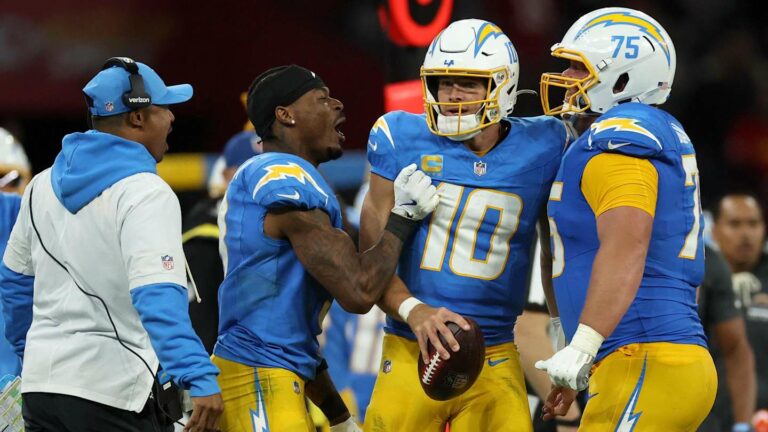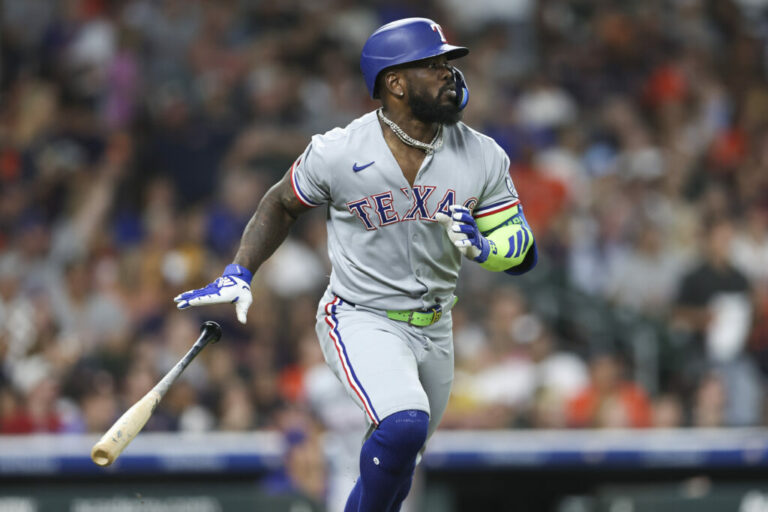
Jordan Spieth’s Complex Relationship with Courses and the Masters Mindset
Jordan Spieth, a name synonymous with golfing brilliance and captivating narratives, has never shied away from expressing his complicated feelings about certain courses, particularly TPC Sawgrass. In a candid moment with reporters, Spieth articulated how the course’s visual layout simply doesn’t align with his game, a sentiment that the course’s architect, Pete Dye, might find rather amusing. This honesty provides a fascinating glimpse into the psychological challenges even the world’s best golfers face, highlighting that the sport is as much a mental battle as it is a physical one. Spieth’s struggles at Sawgrass serve as a compelling reminder that course design can significantly impact a player’s confidence and performance, regardless of their skill level.
What makes Spieth such an engaging figure is his willingness to dissect his own game and reveal the vulnerabilities that exist even within a champion. His open discussion about Sawgrass wasn’t just about the course itself; it was a broader reflection on the mental hurdles he navigates in his pursuit of excellence. This transparency endears him to fans and provides valuable insights into the mindset required to compete at the highest level. Spieth’s ability to articulate these challenges makes him not only a great golfer but also a captivating storyteller, drawing us into the intricate world of professional golf.
The beauty of Spieth’s perspective lies in his ability to contrast his experiences at Sawgrass with those at Augusta National, home of the Masters. While Sawgrass presents a visual and mental puzzle he struggles to solve, Augusta holds a different kind of magic for him. He recognizes that he doesn’t need to be in peak form to contend at the Masters, a realization that liberates him from the pressure of perfection. This mindset is a testament to his experience and understanding of the course, allowing him to approach the tournament with a sense of calm and confidence, regardless of his recent performance.
The Augusta Advantage: Experience Over Flawless Form
Spieth’s comfort level at Augusta National stems from his deep understanding of the course’s nuances and his past successes there. He’s learned that Augusta is a place where experience and course management can often outweigh pure, unadulterated form. Unlike some other major championships where precision and power are paramount, Augusta rewards strategic thinking and the ability to navigate its unique challenges. Spieth’s history of contending at the Masters, even when not playing his best, has instilled in him a belief that he can always find a way to compete, regardless of the circumstances. This confidence is a powerful weapon in a tournament where mental fortitude is just as important as skill.
This perspective offers a valuable lesson for golfers of all levels: sometimes, knowing a course well and having a positive mental approach can compensate for temporary dips in form. Spieth’s ability to separate his performance at other tournaments from his expectations at Augusta is a key factor in his success at the Masters. He doesn’t let past struggles define his approach; instead, he focuses on the unique challenges and opportunities that Augusta presents. This mindset allows him to play with a sense of freedom and creativity, often leading to remarkable performances.
Moreover, Spieth’s comments shed light on the strategic element of golf that often goes unnoticed by casual observers. He implicitly acknowledges that Augusta allows for a degree of error that other, more demanding courses, do not. It’s about playing the percentages, knowing when to take risks, and when to play it safe. His insight is a reminder that golf is not just about hitting the ball as far as possible; it’s about making smart decisions and executing them effectively. His success at Augusta is a testament to this approach, proving that intelligence and experience can be just as valuable as raw talent.
Spieth’s Take on McIlroy’s Masters Pursuit
Spieth’s insights extend beyond his own game, offering a thought-provoking perspective on Rory McIlroy’s quest for a green jacket. He suggests that the pressure surrounding McIlroy’s pursuit of the career grand slam at Augusta may be hindering his performance. Spieth posits that Augusta, while revered, might actually be the “easiest” major to win, given the field size and the course’s forgiving nature compared to other majors like the Open Championship. This unconventional viewpoint challenges the conventional wisdom surrounding the Masters and suggests that McIlroy’s focus on winning at Augusta may be inadvertently adding to the pressure he faces.
This contrarian perspective from Spieth is a testament to his unique understanding of the game’s psychological dynamics. He implies that McIlroy’s immense talent and past success at other majors suggest that he should have already conquered Augusta. However, the weight of expectation and the heightened scrutiny surrounding the Masters may be preventing him from playing his best golf. Spieth’s suggestion is that McIlroy might benefit from approaching the Masters with a more relaxed and detached attitude, treating it like any other tournament rather than a monumental challenge.
Furthermore, Spieth’s analysis highlights the importance of mental fortitude in major championships. He suggests that McIlroy’s focus on the historical significance of the Masters may be clouding his judgment and preventing him from playing with the same freedom and creativity that he displays at other events. Spieth’s perspective is a reminder that golf is as much a mental game as it is a physical one, and that the ability to manage pressure and maintain a positive mindset is crucial for success, especially in the most high-stakes tournaments.
A Firmer Augusta: Spieth’s Ideal Masters Condition
Looking ahead to the upcoming Masters, Spieth expressed his preference for a firmer course, believing that it would lead to a more compelling and strategic tournament. He noted that the overseed grass has come in exceptionally well, suggesting that the course could play firmer than usual. Spieth argues that firmer conditions would reward precision and course management, making the tournament a more challenging and engaging spectacle for both players and viewers. This preference highlights his strategic approach to the game and his belief that the course’s setup can significantly impact the outcome of the tournament.
Spieth’s vision for a firmer Augusta is rooted in his deep understanding of the course’s nuances and his appreciation for strategic golf. He believes that firmer conditions would force players to think more carefully about their shot selection and course management, rather than simply relying on power and aggression. This would create a more level playing field, rewarding players who are able to adapt to the challenging conditions and make smart decisions. Spieth’s perspective is a reminder that the Masters is not just about hitting the ball as far as possible; it’s about playing smart, managing risk, and navigating the course’s unique challenges.
Ultimately, Spieth’s insights into the Masters provide a fascinating glimpse into the mind of a champion. His candid reflections on course design, mental fortitude, and strategic thinking offer valuable lessons for golfers of all levels. Whether he’s discussing his struggles at Sawgrass or his comfort level at Augusta, Spieth’s honesty and intelligence make him one of the most compelling figures in the sport. As he prepares for another Masters appearance, his unique perspective and unwavering confidence will undoubtedly make him a player to watch.
Jordan Spieth: A Master of Perspective and the Psychology of Golf
Jordan Spieth’s insights into the world of professional golf, particularly his candid assessments of courses like TPC Sawgrass and Augusta National, reveal a deep understanding of the game’s psychological complexities. His ability to articulate these nuances, coupled with his strategic approach to course management, sets him apart as not only a gifted golfer but also a captivating commentator on the sport. Spieth’s perspective is a reminder that golf is as much a mental battle as it is a physical one, and that the ability to manage pressure, adapt to challenging conditions, and maintain a positive mindset is crucial for success at the highest level.
His comments about McIlroy are less about the other player but more about how pressure can affect even the greatest golfers. Sometimes stepping back and looking at the situation without all the added noise of external expectations can be liberating. Maybe that is the key ingredient for a win at Augusta. One thing is for sure, it will be fascinating to see how this all plays out.
The ability to separate one’s emotions from the task at hand is a skill that many golfers strive for, and it is often what separates the good players from the great ones. It’s about focusing on the process rather than the outcome, and about trusting one’s abilities even in the face of adversity. His journey serves as an inspiration to golfers of all levels, reminding them that success in the sport is not solely determined by talent, but by perseverance, mental fortitude, and a willingness to learn from both victories and defeats.



